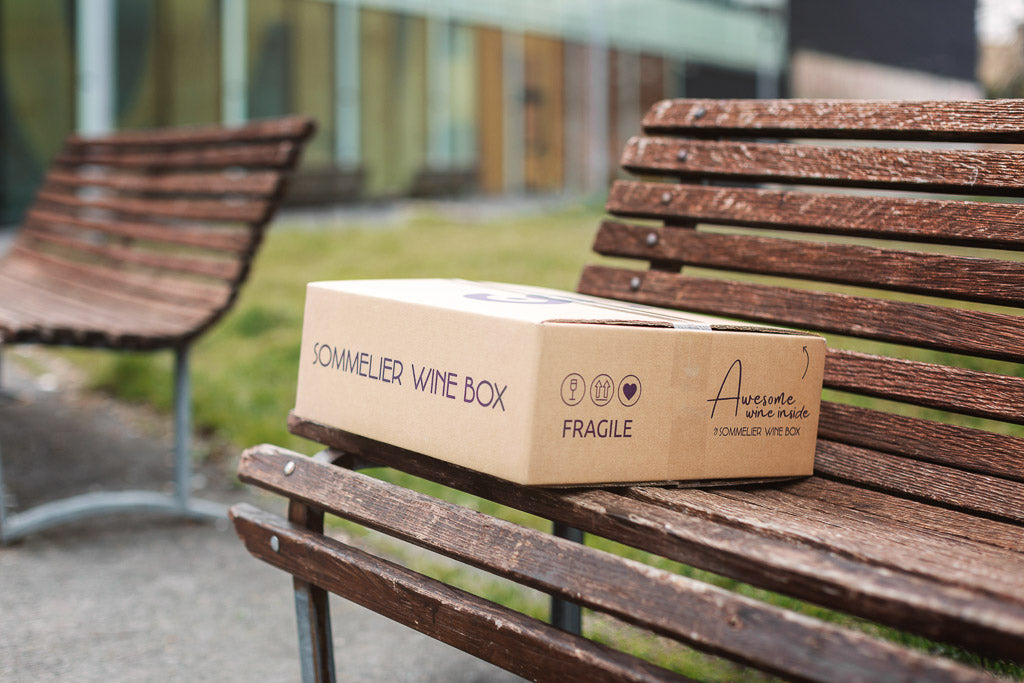Even if no one says it, social wineries are important: let's see why.
For our grandparents, going to the winery to get wine was a daily thing. In Italy there are around 500, but today social wineries are almost not a topic of conversation among enthusiasts. But among them there are some peaks of excellence.
Although it may seem counter-intuitive, social wineries have a far from marginal role in the world of wine and can sometimes represent experiments in innovation.
1️⃣ Why doesn't anyone talk about social wineries?
For at least two reasons:
1. one is poetic : the impossibility of linking them to the face of a person , to the stories and efforts of an individual;
2. the other is historical : for decades, on average, cooperative wineries produced everyday wine .
2️⃣ What are their characteristics, and how can social wineries be special?
1. The model is cooperative: many members who deliver their grapes , vinified and bottled in a single place. It was born in the nineteenth century to protect very small producers, avoiding otherwise huge costs for them to produce on their own.
2. They usually control many hectares of vineyards in areas that are perhaps extremely suitable and diversified from each other (in terms of climate, soil, exposure...). And by controlling large portions of land, the social wineries are also responsible and custodians of a large part of the natural ecosystem .
3. They have their feet on the ground. They make wine from the grapes of many tiny producers, keeping alive the most profoundly peasant roots of Italian wine.
4. Some cooperative wineries are standard bearers for the truest valorization of the territory , with concrete actions, especially in favor of native vines .
3️⃣ What is the future of social wineries?
1. The cooperative wineries are not only custodians of tradition but also look forward. Today some are starting to cultivate the vineyards themselves , to produce the most important wines.
2. Today, cooperative wineries tend to put the consumer more at the center, focusing more on quality than in the past.
3. This quality challenge brings with it: the use of modern technologies and the separate vinification of the grapes coming from the most suitable parcels.
4. Time will tell whether they will still be the "everyday" wine producers, albeit increasingly high quality, or whether they will become more similar to small private companies. Certainly, the social wineries will always help to preserve the peasant memory of wine , the truest root of the Italian wine world.
If there is a region in which the cooperative wineries stand out for their quality and for the valorisation of the natives, this is Sardinia.
Of course, you have to know how to find them!
After having proposed the wines of the Cantina di Mogoro thanks to the selection of Marco Barbetti (best sommelier in Italy FISAR 2018), we at Sommelier Wine Box have relied on the sommelier Claudia Piras to enrich our selections with the wines of Castiadas, a cooperative winery truly special from Southern Sardinia.




